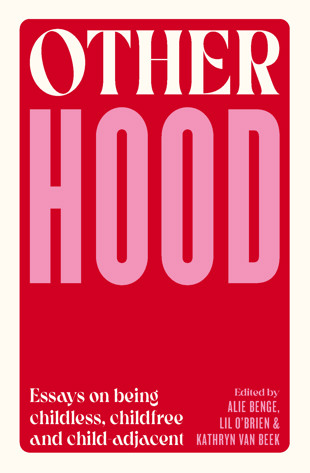Capsule talks to the editors behind the new essay book, Otherhood: Essays On Being Childless, Childfree & Child Adjacent about expanding the conversations and the communities around ‘otherhood’ for people who don’t have children.
‘“Infertility essays typically conclude with a final paragraph in which the author reveals that they have had a baby. This is not one of those essays. In this essay, all the babies are dead.”
That’s the opening sentence from writer and editor Kathryn Van Beek’s essay, from the anthology Otherhood: Essays on Being Childless, Childfree and Child Adjacent. The book of essays was created by three Kiwi writers: Alie Benge, Lil O’Brien and Kathryn, and it was born out of the frustration of not seeing stories like theirs portrayed in the media at large.
The three editors, who had never met before, started this process on Twitter, as a response to a piece by writer Kate Camp, called No Miracle Baby To See Here. They each got looped into a conversation, started by Lil, about how there should be an anthology about motherhood-adjacent stories. What started off as a ‘someone should do this!’ Twitter chain quickly gathered steam; by the end of the day, they had drafted a pitch letter to send to book publishers. They were going to be the ones to do it.
The result is Otherhood, an honest, funny, devastating, and brilliantly written collection of stories from over 30 different writers, of how they ended up on a child-free path. Some of them wanted that path – Alie writes about being in a DINK [Double Income, No Kids] relationship and slowly feeling more empowered to choose a child-free life. Some of them are not on that path by choice – both Lil and Kathryn went through rounds of IVF, multiple miscarriages, with no rainbow babies at the end of a long journey.
Some of the writers endured health challenges that left them unable to conceive or carry children. The ‘definition of otherhood’ slowly expanded – two of the writers lost their only children to suicide and are now left asking if they can still call themselves mothers. There are odes to being a step parent, the power of aunties, how we make families of our own in unexpected ways. The book pulls no punches, but it creates both a conversation and a community around what lies on the other side of a path less travelled.
“I think we thought the book was going to be about people who have stepped outside of societal expectations,” says Lil. “But it became more about what makes a fulfilling life.”’
Read the rest of the review here.


